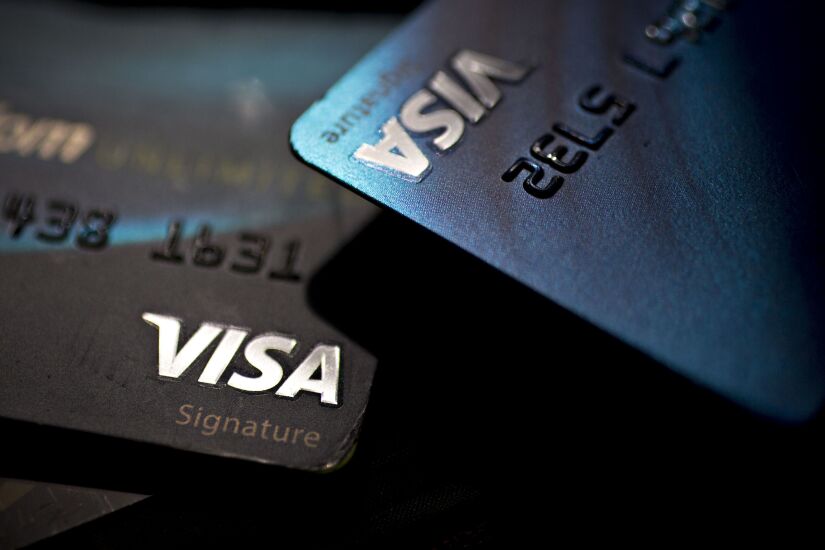In global news this week, Visa halts single-click payments in India, ING uses recycled beach plastic for payment cards and more.
Here's what's happening around the world.








The Chicago-based, $261 million-asset Metropolitan Capital Bank & Trust was placed in receivership and its assets sold to Detroit-based First Independence Bank, costing the Federal Deposit Insurance Corp.'s Deposit Insurance Fund an estimated $19.7 million.
Court documents reveal how a teller used the drive-through window and work email to aid a scheme that bypassed TD's fraud defenses.
U.S. Bancorp shuffles management as COO Souheil Badran announces his retirement; Stock Yards Bancorp agrees to buy Field & Main Bancorp; Citi's wealth business hires Mercer's Olaolu Aganga for a newly created role; and more in this week's banking news roundup.
Former Fed Gov. Kevin Warsh is a relatively known quantity to financial markets, but his embrace of President Trump's agenda and the White House's own contentious relationship with the central bank make it hard to know with certainty where — or even whether — he will lead the Fed.
The Long Island-based bank returned to profitability during the fourth quarter of 2025. The results mark "a significant milestone" in the bank's turnaround plan, CEO Joseph Otting said.
The neobank was bullish on cryptocurrency and stablecoins, which could provide tailwinds as it looks to launch new products including crypto-based lending, institutional trading, and correspondent payments and settlements via stablecoins.